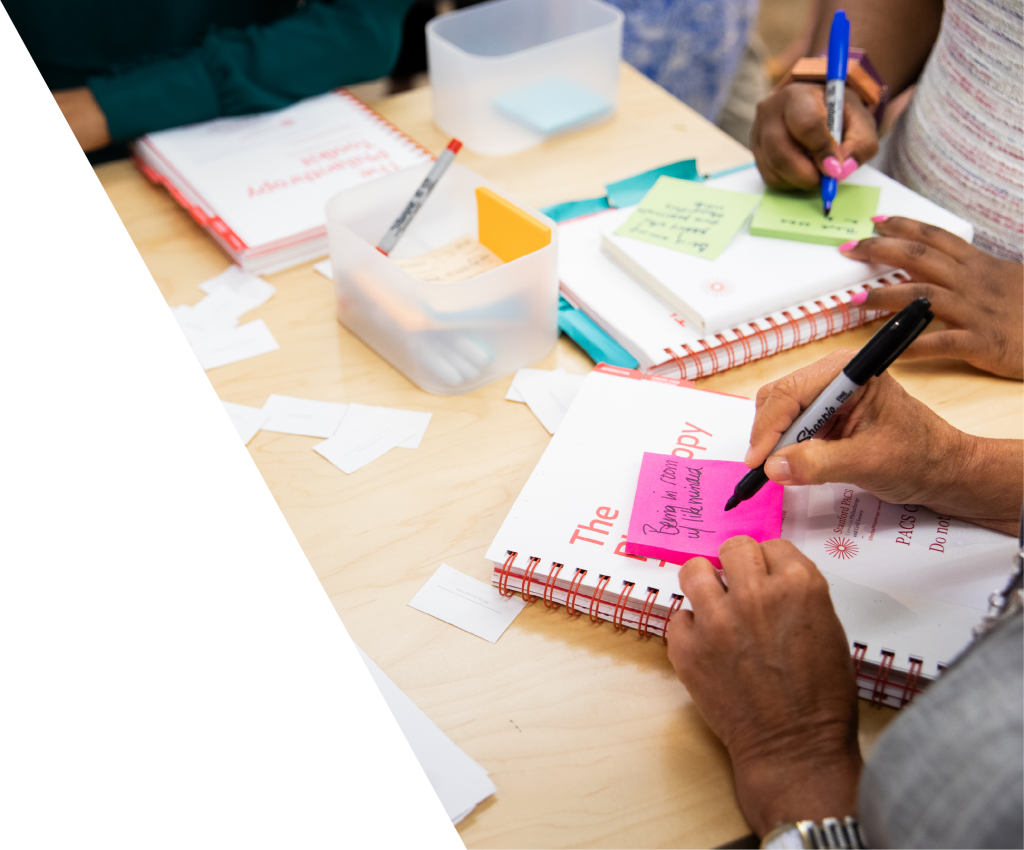What We Do
We are an interdisciplinary team working at the intersection of strategic philanthropy, the behavioral sciences, and design thinking to accelerate learning for donors and relevant support staff, advisors and other intermediaries in the donor-support ecosystem—so they can make more informed and deliberate giving decisions, thereby increasing their impact.
EPLI’s work consists of three interdependent efforts:
- Research into the realities of philanthropic practice
- The creation of publications and resources to help change the field and the experience of donors
- Education to share our knowledge and tools
Our Team

Context
Charitable contributions in the US total in the hundreds of billions of dollars each year with a large portion coming from individuals. Evidence suggests that only a small portion of philanthropists research the performance of nonprofit organizations before contributing to them, and even fewer attempt any benchmarking. Millions or even billions of dollars are wasted on efforts that don’t achieve their donors’ intended outcomes.
The number of high-net-worth individuals has increased significantly in recent decades, and they are expected to transfer more than $16 trillion in wealth to the next generation in the coming three decades.
This presents an unprecedented opportunity not only to increase their current philanthropic impact, but also to influence millennials who constitute the next generation of high-capacity donors.
This growth in wealth and giving has been accompanied by an increasing number of organizations attempting to serve individual philanthropists. Unfortunately, many of the available resources are difficult to use, mismatched to donor needs, and of questionable quality.
EPLI aims to respond to these trends, and thus influence the trajectory of philanthropic dollars toward greater impact.
Our Lab is supported by grants from:
Raikes Foundation
Bill & Melinda Gates Foundation
Eustace-Kwan Family Foundation
Other sponsors include:
Hewlett Foundation
Packard Foundation
Heising-Simons Foundation
Community Wealth Partners
Perpetual Limited
